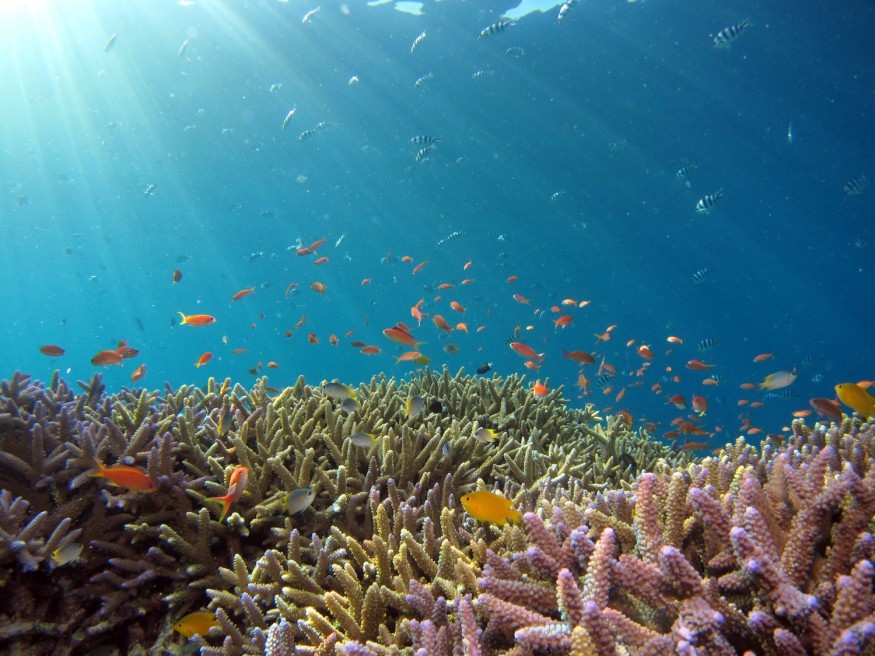Marine heatwave is like terrestrial heatwave where both natural phenomena are driven by the greenhouse effect or the warming of the atmosphere.
However, experts showed they are different in some aspects.
In the past, it has been thought for that the heat from our Sun which enters Earth's atmosphere are mostly directed on land. Yet, majority of the trapped solar heat caused by the greenhouse effect goes into the ocean.
In a new study led by researchers in Australia, it has been found that marine heatwaves also cause chaos in deepwater or the region of the world's oceans that beyond the surface.
The findings indicated that ocean warming not only impacts coral reefs but also marine life from surface to bottom. This comes as 90% of heat trapped by greenhouse gases are absorbed by the sea.
The study explored the threat posed by heat in deepwater, overlooked by a focus in easily-observed surface water.
Marine Heatwave Threat

The said study was published in the journal Communications Earth & Environment, researchers explored the ecological damage of marine heatwaves not only on the surface but also in the depths of the ocean.
This comes as the phenomenon has been described by the report's authors as an "extreme seawater temperature event" with potential severe impacts to marine life.
The Australian research team arrived at their conclusion by analyzing the sub-surface coherence and controls surrounding marine heatwaves.
They used one of the world's longest records of daily sub-surface ocean temperature, spanning 28 years, off the coast of Sydney, Australia.
In their examination, the research team outlined that the following factors control the vertical coherence of coastal marine heatwaves:
- Seasonal stratification
- Large-scale circulation
- Local downwelling processes
The team found that not only coral reefs but also marine animals in deepwater cannot escape the warming or acidification effect of marine heatwaves, let alone ocean warming.
Since biological damage is reported in coastal areas, the team concluded and suggested that sub-surface data should be considered when it comes to monitoring marine heatwaves.
What Causes a Marine Heatwave?
While human activities are often blamed for the current climate change and global warming that Earth is facing as of the early 21st century, extreme climate events, such as heatwaves, still occur even before the onset of the Industrial Revolution in the 18th century.
However, human-induced greenhouse gas emissions, especially those coming from fossil fuel burning, are causing a compounded impact on the greenhouse gas effect.
In October 2021, the International Union for Conservation of Nature (IUCN) stated that the increased frequency by 50% and worsening severity of marine heatwaves in the past 10 years were caused by prolonged extreme warming in seas and oceans caused by greenhouse gas emissions.
This type of heatwaves affects marine biodiversity and ecosystems and even increases the likelihood of extreme weather, as well as negatively impact different sectors like aquaculture, fisheries, and tourism, the IUCN added.
© 2025 NatureWorldNews.com All rights reserved. Do not reproduce without permission.





